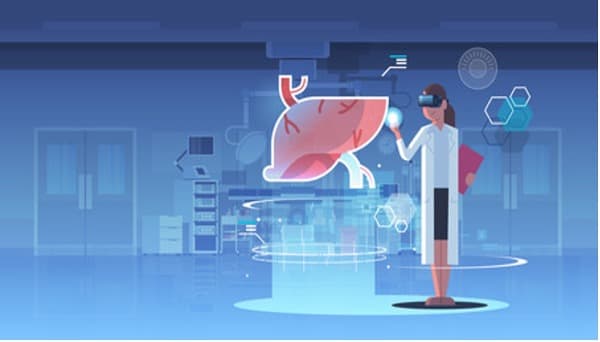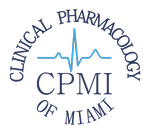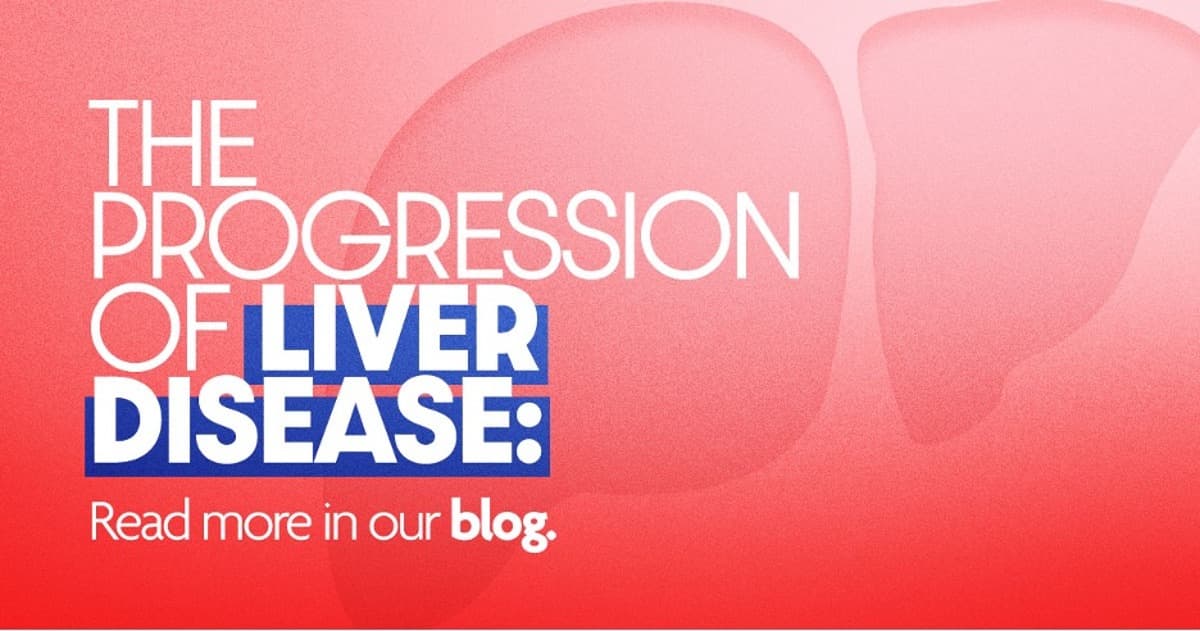Your liver is vital to your everyday health – join us in discussing the dangers of liver disease and how it unfolds. The largest organ in your body also deserves to take up space in your mind!
The Silent Killer
Your liver is a life-sustaining organ responsible for various essential functions, but what happens when it begins to deteriorate? Many factors can lead to liver disease, but those experiencing it often remain unaware. The reason is that those affected often don’t show symptoms, and when they do, it’s typically too late to reverse the harm that has taken place. Many components contribute to the development of liver disease, such as:
- Autoimmune diseases
- Aversive reaction(s) to medication
- Drug toxicity
- Genetics
- Overconsumption of alcohol
- Poor diet and weight management
- Viruses
There are more than 100 variations of liver disease and a great deal of them can result in the development of liver cancer.

The Stages of Liver Disease
When speaking of liver disease, we are referring to the progressive decline in health and overall functionality of the liver. However, this change does not occur overnight and entails multiple stages.
- Stage 1 – The liver becomes inflamed because of persistent damage via diseases that cause the liver to become enlarged. The person affected may experience abdominal pain, yet those dealing with non-alcoholic fatty liver typically show no signs of an issue, stressing the importance of routine checkups.
- Stage 2 – Fibrosis begins to occur, meaning the accumulation of toxins, fat, and scarred tissue develops and replaces healthy liver tissue.
- Stage 3 – Cirrhosis of the liver is in full effect; scarring is final, and the liver cannot heal itself at this point. However, reaching this point often takes years. It comes accompanied by multiple symptoms that are hard to miss, such as loss of appetite, tenderness, pain near the abdomen, and yellowing around the eyes, to name a few.
- Stage 4 – Liver failure is the final stage which can transpire in 2 forms. The first is an acute liver failure that happens rapidly within 48-72 hours and can transpire for multiple reasons. The second is chronic liver failure, which moves faster and frequently deals with patients with over-abused alcohol consumption.

The Importance of Early Diagnosis
The liver is a remarkable organ capable of repairing and even regenerating itself. If you can detect liver disease before it progresses, implemented treatment plans are more likely to be effective and can often reverse the damage suffered. Therefore, evaluating the status of your liver with frequency should be at the top of your list of priorities. Noninvasive medical procedures, such as a Fibroscan, allow for an easy and effective answer to the question: is my liver being affected by a silent killer?

Are you or someone you love worried about Liver disease? Visit our website or call us at (305) 817 -2900 to sign up for your free Fibroscan today. If liver impairment is uncovered as a result of the liver test, you may qualify for upcoming liver disease research studies. Study participants may have an opportunity to learn more about their condition, receive medical care at no cost, and may qualify for time and travel reimbursement.
Resources:
https://liverfoundation.org/for-patients/about-the-liver/the-progression-of-liver-disease/




